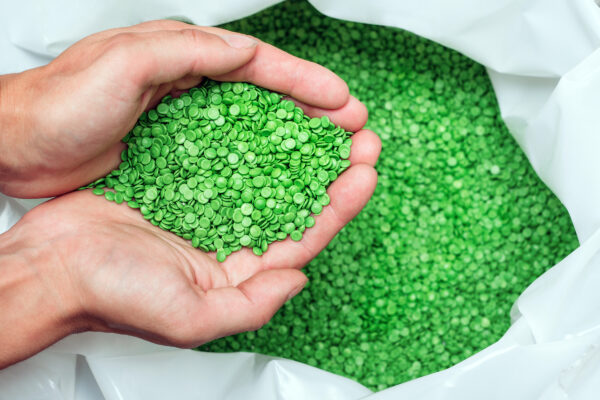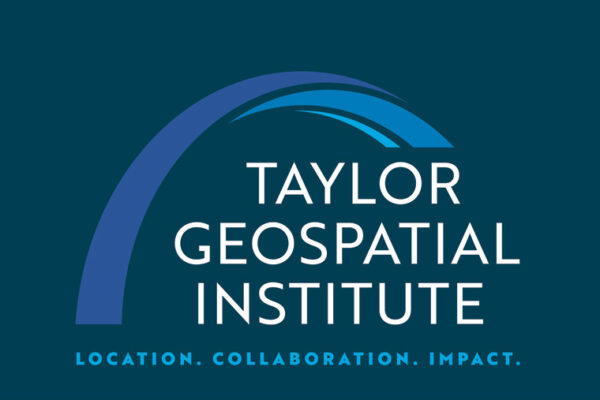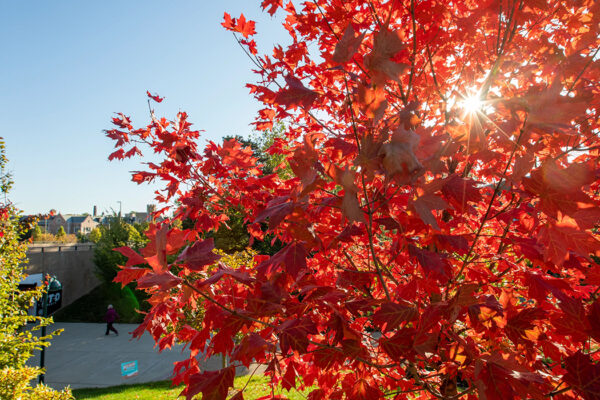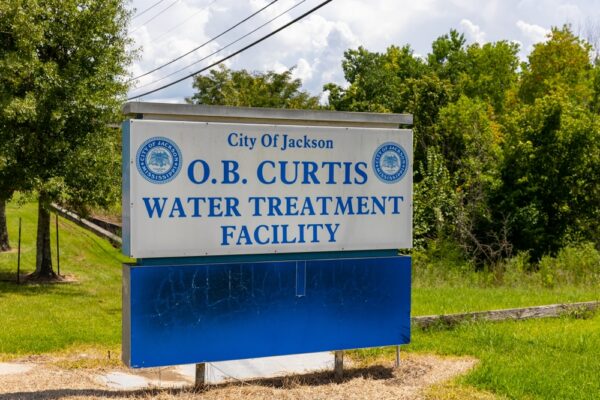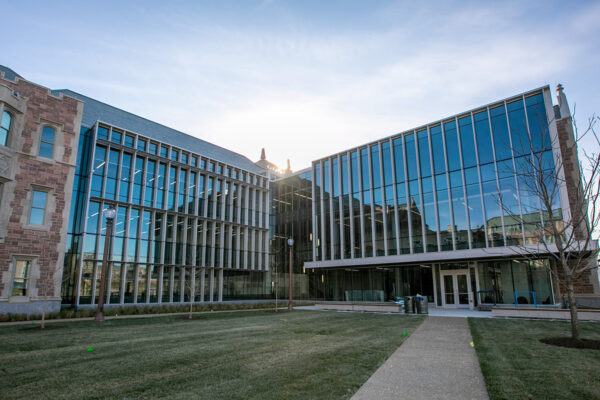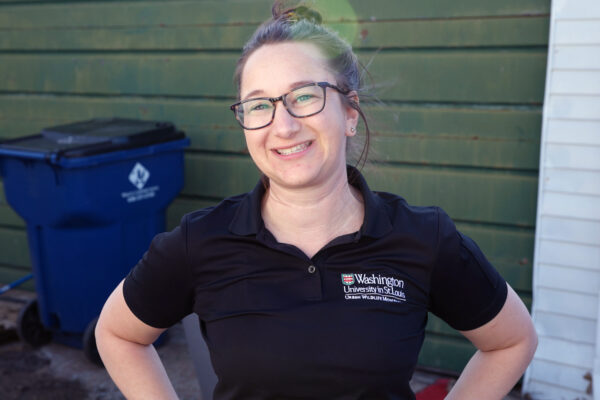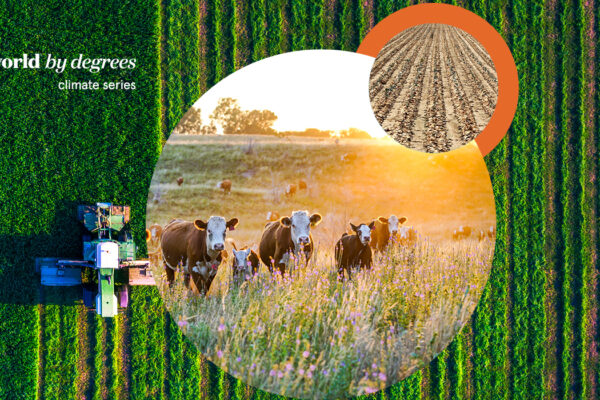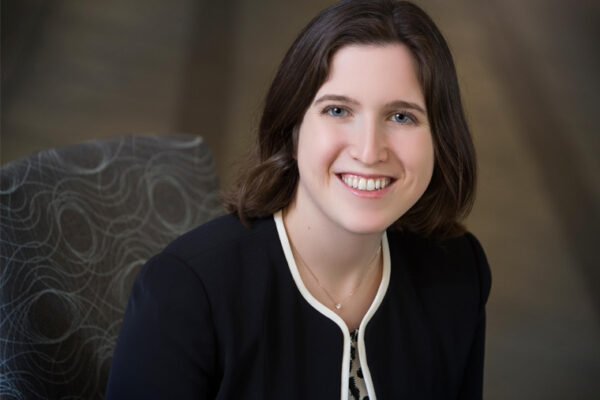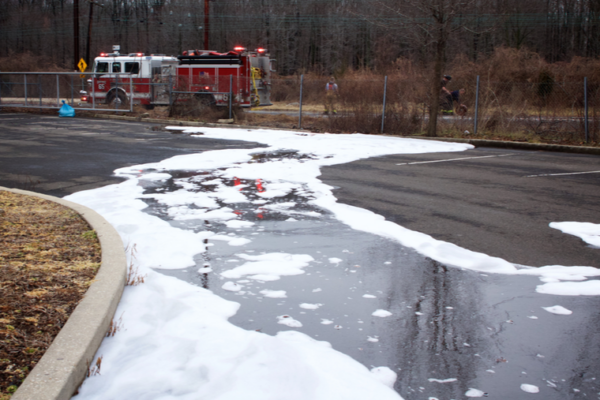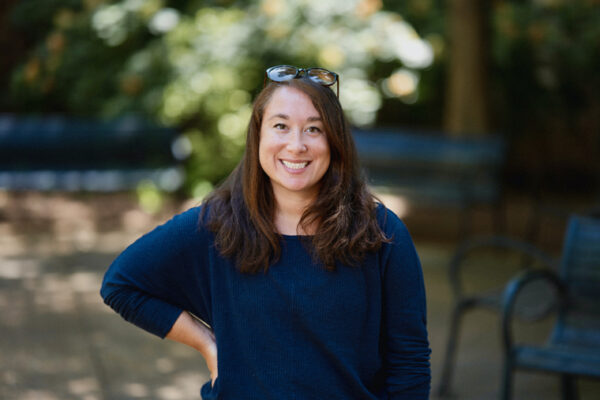New system creates bioplastics, consumes CO2
A team of researchers including Joshua Yuan at the McKelvey School of Engineering has developed a system that uses carbon dioxide to produce biodegradable plastics. They could someday replace the nondegradable plastics used today.
Faculty take part in Geospatial Institute event
Geo-resolution 2022, hosted by the Taylor Geospatial Institute, will bring together experts and students to use geospatial tech to predict and mitigate climate change.
No, autumn leaves are not changing color later because of climate change
Biologist Susanne S. Renner in Arts & Sciences explains why trees might actually be starting to turn red and yellow earlier, not later. Brilliant fall color might become a casualty of a warming world.
Jackson water issues result of environmental racism
While water pressure has been restored in Jackson, Miss., the water is still not safe to drink and a boil order remains in effect. The ongoing issues are a result of years of neglect and of environmental racism, says Tara Rocque at the School of Law.
McKelvey joins Argonne, others, to study urban climate change
Faculty from the McKelvey School of Engineering are part of a collaborative effort awarded $25 million from the U.S. Department of Energy to better understand climate change in urban environments.
Squirrels and the city
Examining the influence of urbanization on the evolution of eastern gray squirrel
Climate of opportunity
Washington University takes a leadership role in the Midwest Climate Collaborative to help address specific climate challenges in the 12-state region.
Parker receives grant to study mechanics behind ‘dicamba drift’
Kimberly Parker at the McKelvey School of Engineering will use a grant from the Herman Frasch Foundation for Chemical Research to better understand dicamba volatilization.
New bioremediation material can clean ‘forever chemicals’
The McKelvey School of Engineering’s Joshua Yuan and collaborators have developed a plant-based material to help safely clean up harmful “forever chemicals.”
Masteller to research climate change and river channels
Claire Masteller, in Arts & Sciences, won a $313,872 National Science Foundation grant for collaborative research that will help scientists distinguish between climate-driven change and the natural variability of river channels.
Older Stories
